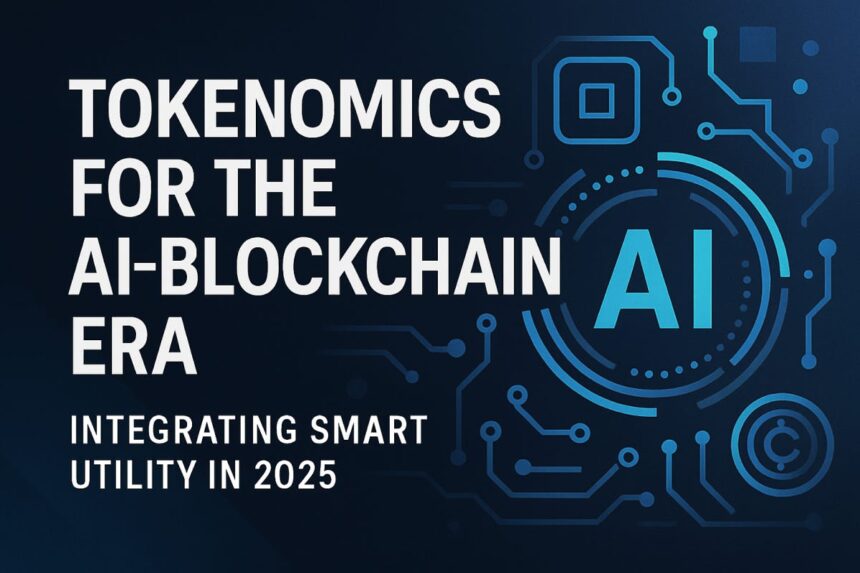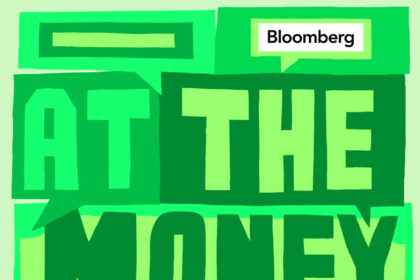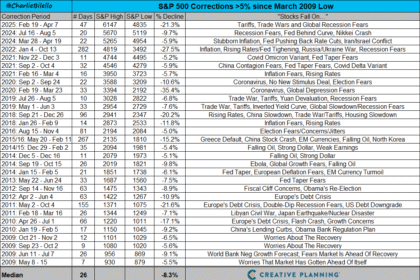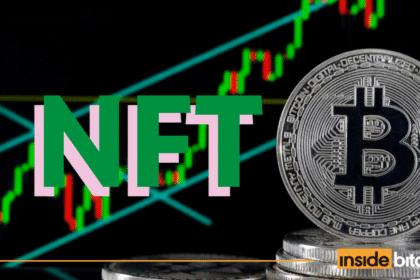Tokenomics, the study of the economic systems and incentives behind digital tokens, is rapidly evolving. As artificial intelligence (AI) and blockchain technologies mature, their intersection is giving rise to new forms of value creation and exchange. In 2025, businesses and innovators are seeking practical frameworks to design tokens that support real-world utility, compliance, and sustainable growth. This blog provides a comprehensive guide for businesses and potential clients interested in token development, with a focus on integrating smart utility into tokenomics for the AI-blockchain era.
Tokenomics refers to the design and structure of token-based ecosystems. It encompasses everything from token creation, distribution, and utility to governance and economic incentives. For any Token Development Company, understanding tokenomics is crucial for building systems that attract users, maintain stability, and support long-term growth.
Early Days: Simple Utility and Speculation
- Tokens initially served as basic units of exchange or access within decentralized applications.
- Early token models often prioritized speculation over utility, leading to volatility and regulatory scrutiny.
The Rise of Smart Utility
- As blockchain matured, tokens began to serve more complex roles, such as governance, staking, and access to AI-driven services.
- Smart contracts enabled programmable utility, allowing tokens to represent anything from voting rights to data access.
AI Meets Blockchain
- AI integration is enabling tokens to interact with intelligent systems, automate decision-making, and facilitate dynamic pricing or rewards.
- This synergy is driving new business models and operational efficiencies.
1. Token Utility
Tokens must serve clear, practical purposes within their ecosystems. Common utilities include:
- Payment for services or goods
- Access to AI-driven analytics or automation tools
- Participation in governance or voting
- Incentivizing user contributions or data sharing
2. Token Supply and Distribution
- Fixed vs. dynamic supply models
- Initial distribution strategies (e.g., public sale, airdrop, staking rewards)
- Ongoing emission or burn mechanisms to manage inflation or scarcity
3. Governance
- Decentralized Autonomous Organizations (DAOs) allow token holders to propose and vote on changes.
- Governance tokens give users a stake in decision-making, aligning incentives and promoting transparency.
4. Compliance and Regulation
- Regulatory frameworks are evolving to address AI and blockchain convergence.
- Token projects must prioritize compliance with local and international laws, including KYC/AML requirements.
5. Security and Trust
- Smart contract audits and robust security practices are essential.
- Transparent tokenomics builds trust with users and investors.
AI-Powered Marketplaces
- Tokens facilitate access to AI models, data sets, or computational resources.
- Dynamic pricing and rewards are managed through smart contracts.
Decentralized Data Sharing
- Users share data in exchange for tokens, with AI systems analyzing and monetizing data securely.
- Token incentives drive data quality and participation.
Automated Governance
- AI algorithms assist in proposal evaluation and voting processes, improving efficiency and fairness.
- Token-based governance ensures community involvement.
Supply Chain Optimization
- Tokens track and verify goods, while AI analyzes logistics data for optimization.
- Smart contracts automate payments upon delivery confirmation.
Step 1: Define Clear Objectives
- Identify the core value proposition of your project.
- Determine how tokens will support user engagement, access, and governance.
Step 2: Select the Right Token Model
- Utility tokens for access and payments
- Governance tokens for decision-making
- Hybrid models for multi-functional ecosystems
Step 3: Develop a Sustainable Supply Mechanism
- Choose between fixed, capped, or inflationary supply based on project needs.
- Implement mechanisms to address supply-demand balance.
Step 4: Build Incentive Structures
- Reward users for valuable actions (e.g., data sharing, participation, referrals).
- Penalize malicious or unproductive behavior through staking or slashing.
Step 5: Prioritize Security and Compliance
- Conduct regular smart contract audits.
- Stay updated with regulatory changes and adapt policies accordingly.
Regulatory Uncertainty
- Global regulations are still catching up with AI-blockchain integration.
- Projects must remain agile and proactive in compliance efforts.
Technical Complexity
- Integrating AI and blockchain requires specialized expertise.
- Tokenomics must account for scalability, interoperability, and performance.
User Adoption
- Clear communication of token utility and benefits is essential.
- Simplified onboarding processes help attract non-technical users.
Collaborate with Experienced Token Development Companies
- Choose partners with proven expertise in both AI and blockchain.
- Look for companies that offer end-to-end services, from token design to deployment and compliance.
Focus on Real-World Utility
- Prioritize token models that solve genuine business problems.
- Avoid speculative designs that lack practical application.
Maintain Transparency
- Publish detailed whitepapers and regular updates.
- Engage with your community and incorporate feedback.
Plan for Scalability
- Design tokenomics that can adapt to growing user bases and evolving use cases.
- Consider cross-chain compatibility and integration with existing systems.
AI-Driven Tokenomics
- AI will increasingly automate token distribution, pricing, and governance.
- Predictive analytics will inform supply adjustments and incentive structures.
Interoperable Ecosystems
- Tokens will move seamlessly across multiple blockchains, increasing utility and liquidity.
- Cross-chain bridges and standards will become more prevalent.
Regulatory Clarity
- Governments are expected to provide clearer guidelines for AI-blockchain projects.
- Compliance will become a competitive advantage.
Sustainable and Ethical Tokenomics
- Projects will focus on responsible data use, privacy, and equitable value distribution.
- Community-driven governance models will gain traction.
A Token Development Company specializes in designing, developing, and deploying tokens for blockchain projects. Their services often include tokenomics consulting, smart contract development, security audits, and compliance support. Working with such a company helps businesses create tokens that deliver real value and meet regulatory standards.
AI brings automation, data analysis, and intelligent decision-making to blockchain systems. When combined with tokenomics, this enables dynamic incentives, efficient governance, and new business models that were not possible before.
- Clear utility and purpose for the token
- Sustainable supply and distribution mechanisms
- Transparent governance structures
- Strong security and compliance measures
- Overcomplicating Tokenomics: Simple, understandable models attract more users and investors.
- Ignoring Compliance: Non-compliance can result in legal issues and loss of trust.
- Neglecting Security: Unsecured smart contracts can lead to exploits and financial loss.
- Lack of Community Engagement: Engaged communities drive adoption and long-term success.
- Define your project’s goals and requirements.
- Research successful tokenomics models in your industry.
- Consult with a reputable Token Development Company.
- Design your token’s utility, supply, and governance mechanisms.
- Develop, test, and audit your smart contracts.
- Launch your token with a clear communication strategy.
- Monitor performance and adapt as needed.
Tokenomics in the AI-blockchain era is about creating systems that provide real utility, foster trust, and support sustainable growth. As businesses explore new opportunities in 2025, understanding and implementing effective tokenomics is more important than ever. By focusing on practical utility, robust governance, and compliance, organizations can unlock the full potential of their token-based projects.
If you’re looking to develop tokens that drive real value in the AI-blockchain era, connect with the experts at codezeros. Our team specializes in creating secure, compliant, and utility-driven tokens tailored to your business needs. Contact us today to start your token development journey!
Before you go:










